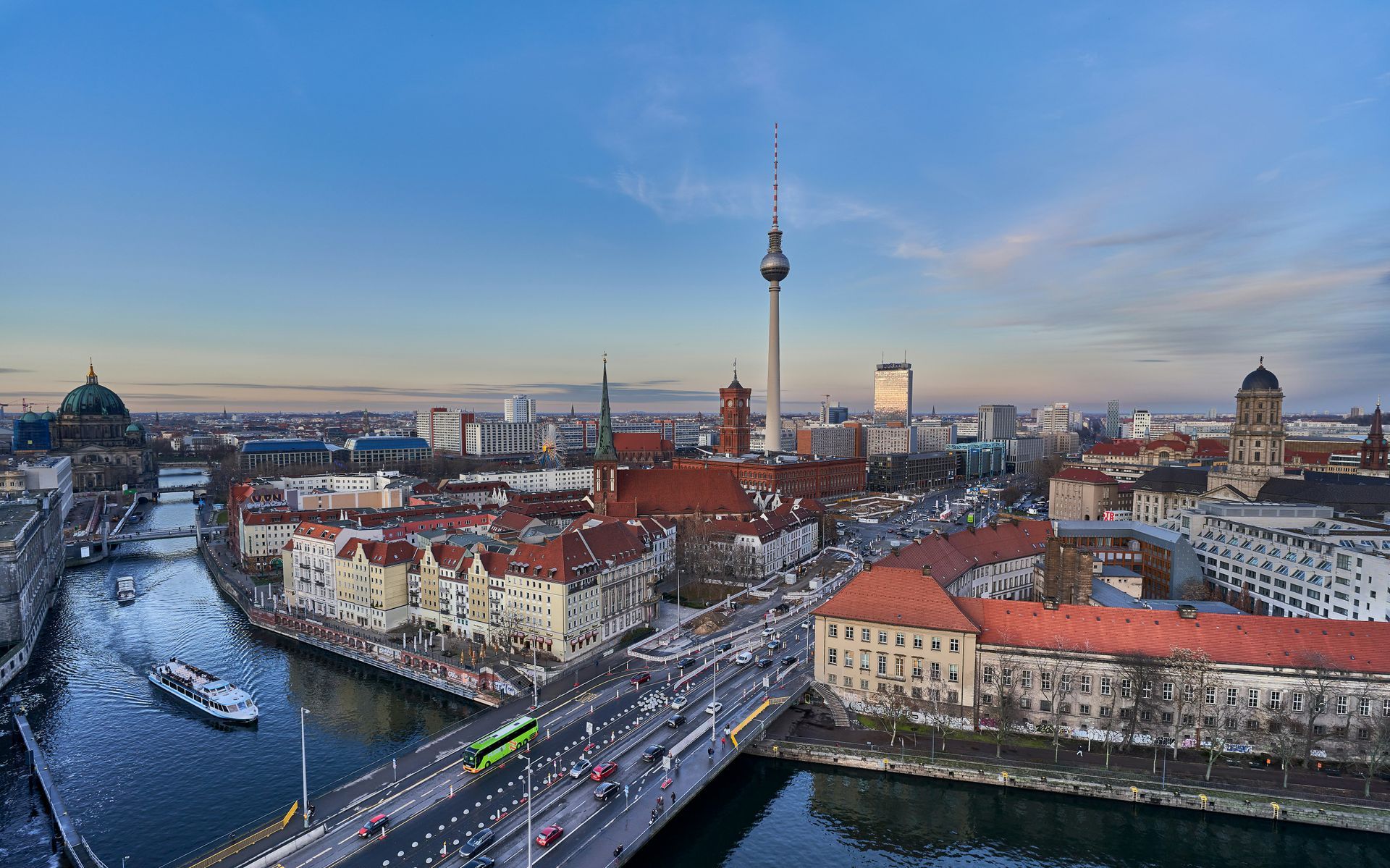How strong company values helped us navigate the COVID-19 pandemic
The COVID-19 (coronavirus) pandemic has not only had serious health implications around the world, but has had a huge impact on the economy. In an extremely short space of time, many companies and employees were forced to adapt to remote working procedures. With around 60% of the workforce in several European countries suddenly required to work from home, many companies were forced to implement flexible working, whether that aligned with their corporate culture or not.
A new report, ‘The Future of Workplace’, shows that in the UK, while people have been as productive as they were before the crisis, the lack of face-to-face contact is taking its toll.
Despite this, the study found that 73% of respondents believed their company should embrace some level of working from home after the pandemic.[2]
You can read more about the future of work and office spaces in our recent blog post. NEED TO LINK
Benefits of adapting flexible working practices
As part of a programme for a recent CIPD paper[3], during their three-month flexible working trial, one organisation saw a 30% increase in productivity and a 60% decrease in sickness absence.
That’s not to mention the benefits for the environment. It has also been reported[4] that in the US, 54 Million tons of greenhouse gas could be reduced each year if those with remote compatible jobs worked at home half the time (equivalent to taking 10m cars off the road).
Before the pandemic, it is estimated that 61% of global companies offered their employees some sort of flexible working[5]. However, although employees in the UK have a statutory right to request flexible working, prior to Covid-19 under 5% of its 33 million workers mainly worked from home, and in Germany the number is only slightly higher. In Europe, working from home is much more common in the Netherlands and Finland which are both above 13% of the population.
31% of people said that the pandemic was the trigger to begin allowing remote work at their company[6].
Despite the various benefits, in many cases senior staff remain unwilling to take a truly flexible approach on a more permanent basis. This seems to be even more true in companies with an older generation of senior staff, where office culture is seen as the norm. Those companies with a younger workforce are seeing millennials demand more of their employers, requesting flexible working as they seek a better balance, with many of them moving out of big cities for a different way of life.
Due to this reluctance to change, when the pandemic hit, many companies weren’t equipped with the internal processes, autonomous culture, or the IT infrastructure to fully support their staff working from home.
One paper[7] reported that 54% of HR leaders indicated
that poor technology and/or infrastructure for remote working is the biggest barrier to effective remote working
in their organisation.
It can be extremely difficult to change mindsets around productivity and trust. While many companies might consider the benefits of working from location other than the office, they do not consider flexible hours and working patterns which might be necessary to facilitate a more productive team.
The term flexible working is used to cover a wide range of working arrangements, including (but not limited to): part-time working, job-sharing, flexitime, compressed hours, annualised hours and term-time-only working, working from home, and mobile working.
Flexible and female-lead
When Dr Birgit Memminger-Rieve started EnviroSustain in 2001, she was very clear in her vision for the company.
“At the time that we started out with EnviroSustain, it was unusual to have a workforce that was afforded so much flexibility in the way they work. I was keen from the start to allow my staff the choice not only in their location, but also their working hours, to allow them a better work-life balance. Over the years, we have built a team that are experts in their field and highly satisfied with how we treat them as a valued employee. We have a head office in Berlin where 55% of employees are based, but we also have staff that work from six other areas (Flensburg, Kassel, Frankfurt, Stuttgart, Ravensburg, and Munich) of Germany as well as Barcelona and the UK.”
“When the lockdown hit Germany and the UK in March, our already well-established flexible working practices allowed the team to adapt quickly, with client work not being impacted. The added stress for working parents when the schools closed, was mitigated by the fact that we have always had family-friendly practices at the heart of our approach to work.
As a working mother myself, who also happens to be a business leader, it was important to me to create a culture of accountability, where the staff knew that they are trusted to deliver their work in an autonomous way. We allow the team the flexibility to work around their life, and measure performance not based on the hours we see them in the office, but in the outputs in their work.”
Peakon[7], a real-time HR insights platform found that employees at women-led companies seem to enjoy more autonomy and are specifically more satisfied with work-from-home policies when compared to male-led companies.
This approach has led to a more sustainable and resilient way of working at EnviroSustain and allowed us to remain on top of our work and fulfilling client expectations during the pandemic.
Flexible working as the norm, not a privilege
It is important to note that this way of working may not suit everyone, or every role and despite outside pressures, culture change cannot take place overnight. However, the benefits far outweigh any negatives.
According to the German Ministry of Labour and Social Affairs (BMAS), 40% of Germans would like to continue to work from home at least occasionally after the pandemic and the “COVID-19 Remote Working Survey”[8] found that 91% of the UK working population would like to continue working from home at least one day a week after the pandemic.
The world of work is changing, and with many companies having decided to reduce their office space even once social distancing rules are relaxed, the move to remote working will begin in earnest. A truly flexible approach will not only provide you with a happier, healthier and more productive workforce, but with a business that attracts and retains the best talent, giving you a competitive advantage.
Navigating the transition to remote and flexible working
An insightful and detailed CIPD report[3], published last year sets out ten key recommendations for organisations that are considering implementing flexible working:
- Clarify the benefits of flexible working to the organisation and to individuals.
- Find the compelling hook or business imperative that will gain traction in the organisation.
- Communicate to dispel myths around what flexible working is and who it is for, share successes and build communities.
- Find creative ways to encourage a range of flexible working practices for all employees – both in terms of innovative flexible working initiatives and creative ways to build flexibility into job roles that have not traditionally been seen as suitable for flexible working.
- Aim to hire flexibly and design the jobs to suit the flexible pattern (that is, full-time jobs are not squeezed into part-time hours).
- Ensure ongoing access to development and career conversations for flexible workers.
- Set the organisational context and consider organisational facilitators and barriers, including creating a supportive organisational culture, underpinned by leadership and HR support.
- Gain manager buy-in through communicating benefits and sharing success stories and providing support and guidance.
- Consider the facilitators and barriers at manager, team and individual levels.
- Measure and evaluate flexible working and learn from trials using quantitative and qualitative measures.
[1] https://ec.europa.eu/jrc/sites/jrcsh/files/jrc120945_policy_brief_-_covid_and_telework_final.pdf https://www.eurofound.europa.eu/data/covid-19/working-teleworking
[2] https://www.cushmanwakefield.com/en/united-kingdom/insights/covid-19-impacts-uk-real-estate
[3] https://www.cipd.co.uk/Images/flexible-working-guide-2019-v2_tcm18-58713.pdf
[4] https://globalworkplaceanalytics.com/telecommuting-statistics
[6] https://www.owllabs.com/blog/coronavirus-work-from-home-statistics
[7] Gartner, Coronavirus in Mind: Make Remote Work Successful, 5 March 2020









Head Office, Berlin,
Neue Grünstraße 17 | 18 Hof 1 | TRH 3
10179 Berlin
© ES EnviroSustain GmbH 2021




